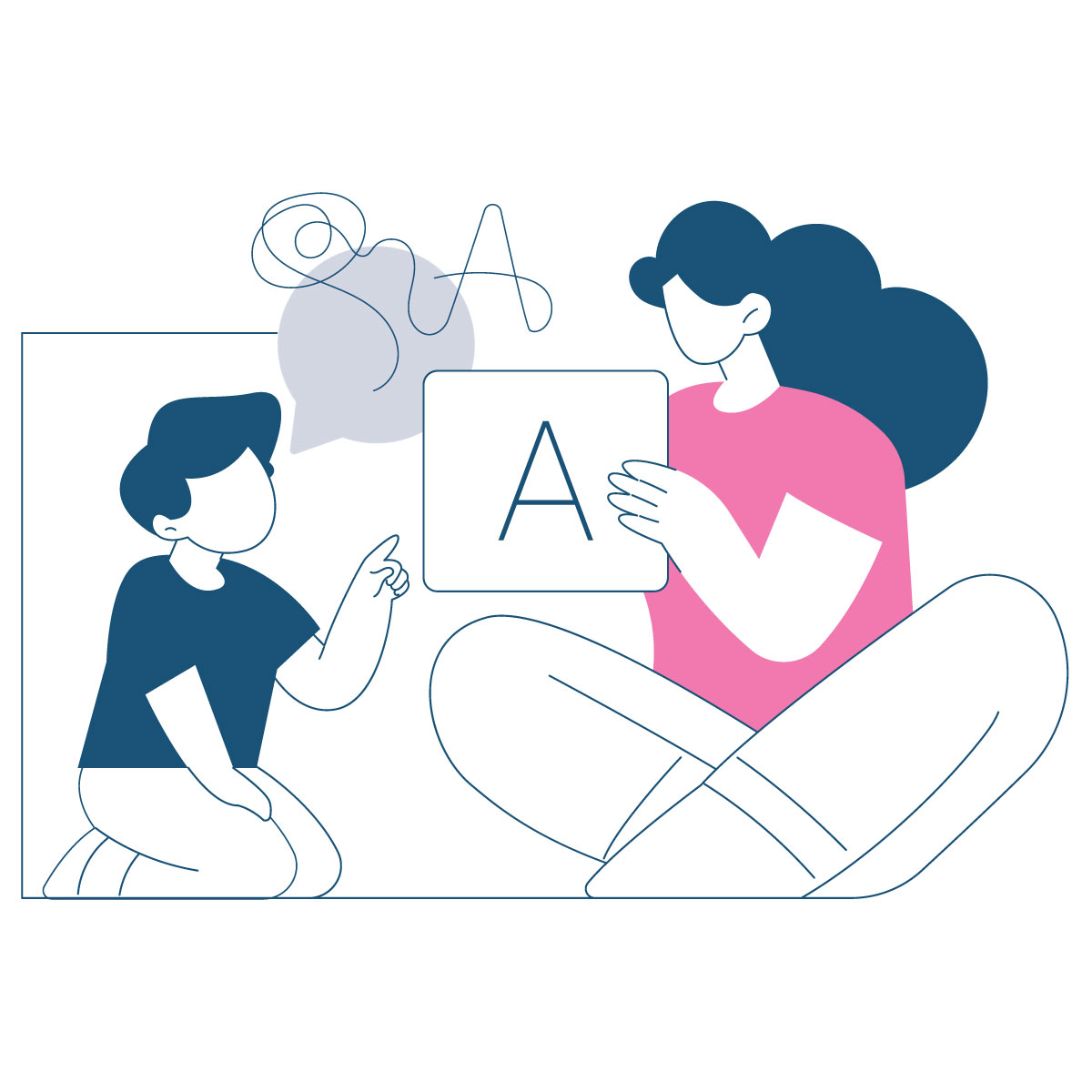Join us in your journey to better communication.
Serving Asheville, NC and Staten Island, NY
Our Mission
We believe that everyone is entitled to quality speech and language therapy regardless of their circumstances. Connect Speech & Language aims to bring individually tailored services to clients in rural areas that do not have access to care, clients with busy schedules, as well as immunocompromised clients that cannot safely receive in-person services. Connect brings quality speech therapy to the comfort of your home to accommodate your schedule.

Why Connect?
Our therapists Kate Faulds and Danielle Caputo have extensive experience serving the pediatric population through teletherapy. We know how to create fun, effective, and evidenced-based treatment sessions from the comfort of your home. Our team treats many areas of pediatric speech language pathology including early language development, preschool, school age and adolescent expressive and receptive language delays, articulation and phonological disorders, communication differences secondary to autism, childhood apraxia of speech, and fluency disorders (stuttering).
For our early language learners, our team’s collective experience allows us to provide individualized parent training and give practical strategies to facilitate language learning in the birth to three population. Regardless of age, we will meet your child where they are to build skills that ensure successful communication.
We gladly offer a free 15 minute phone or video consultation to ensure we are the right fit for your child’s specific needs!
"How can Connect Speech & Language support my child?"
Speech Sound Disorders
Our team can help your child remediate speech sound errors that impact their ability to be understood by others.
Two areas we specialize in are articulation disorders and phonological delays. Articulation disorders are errors in one or more specific sounds. For example, kids may have trouble with that pesky R sound. Phonological disorders are patterned errors in speech, such as leaving off the last consonant of a word or replacing a whole class of sounds with another.
We also treat speech sound disorders that are caused by muscle weakness or motor planning, such as dysarthria or childhood apraxia of speech.
School Age Language Intervention
Keeping up with the rigorous demands of school can be challenging for many kids. Let our SLPs help your child succeed in the academic setting through skilled language intervention. Our therapists have years of experience treating expressive and receptive language delays.
Our team can provide therapy to improve expressive language, by working on skills such as asking questions, expressing wants and needs, grammar and syntax, using age-appropriate vocabulary, story retell and more.
Receptive language skills are equally important to academic success. These skills include understanding figurative language and inferences, following directions, metacognitive skills, semantics and word relationships, and comprehending vocabulary.
Early Language Learning
Our team has extensive experience with the birth to three population. We provide early intervention services, as well parent coaching services.
Early language development is crucial in setting the tone for a child’s overall communicative skills and academic success in the future. We work with children and families to increase communication skills within the home environment by targeting joint attention, social interaction, imitating, initiating play, problem solving, understanding directions, cause and effect relationships, gestural language, and verbal language development.
The Early Language Bootcamp is a bundle of one-on-one parent coaching sessions that provides useful and highly applicable strategies for parents/caregivers to implement within the home environment. Parent training is the most effective way to see results in early language development, as caregivers spend the most time with their children. The more a caregiver knows, the more language skills they can teach their child. These sessions provide weekly strategies, live models, troubleshooting and post-session video accompaniments to ensure you can seamlessly incorporate these strategies with your little one.
Fluency
Fluency refers to the flow of speech. Fluency disorders, sometimes referred to as “stuttering” or “cluttering”, happen when children consistently have interruptions in their flow of speech. This might sound like long pauses, sounds that are drawn out, repetition of sounds, syllables or words, as well as an unusual rate/rhythm when speaking. These disfluencies often interfere with their ability to be understood by others, which can lead to difficulties socializing and low self-esteem.
Our therapists can provide strategies to help ease moments of disfluency at home and when socializing. Some of these strategies include identifying disfluencies in speech, breath control, pausing, slowing down the rate of speech, and minimizing secondary behaviors associated with “stuttering” such as blinking, coughing or other involuntary movements. We strive to help our clients reduce negative feelings that are associated with stuttering and help families locate helpful resources within their community.
Reading & Writing
Reading and writing skills play an integral role in academic success. Our therapists are specialists in helping children increase their literacy skills.
Through skilled reading intervention, we can help your child improve their ability to comprehend what they read, understand the elements of a story or article, and increase phonological awareness.
Our writing intervention allows children to grow their written expressive language through spelling intervention, vocabulary development, differences in sentence construction, and direct teaching of planning, organizing, editing and revising written work.


Social Skills
The SLPs at Connect Speech and Language have years of experience helping children successfully communicate and interact with others. We treat pragmatic language delays and social skills difficulties by teaching the nuances of body language and non-verbal communication, understanding narratives, taking the perspective of others, sarcasm, and conversational skills such as beginning and ending a conversation, topic maintenance and turn-taking. We focus on teaching self-advocacy skills so that your child can successfully communicate in all settings.
Children who struggle with pragmatic language may find it difficult to express their emotions and participate in social activities. We work on developing a child’s social skills by incorporating turn-taking, listening, and empathy to help them engage positively with their peers and form meaningful relationships. Developing these skills enable children to interact with others confidently and build self-esteem. These skills help children navigate social situations, negotiate conflict, and assert themselves effectively.